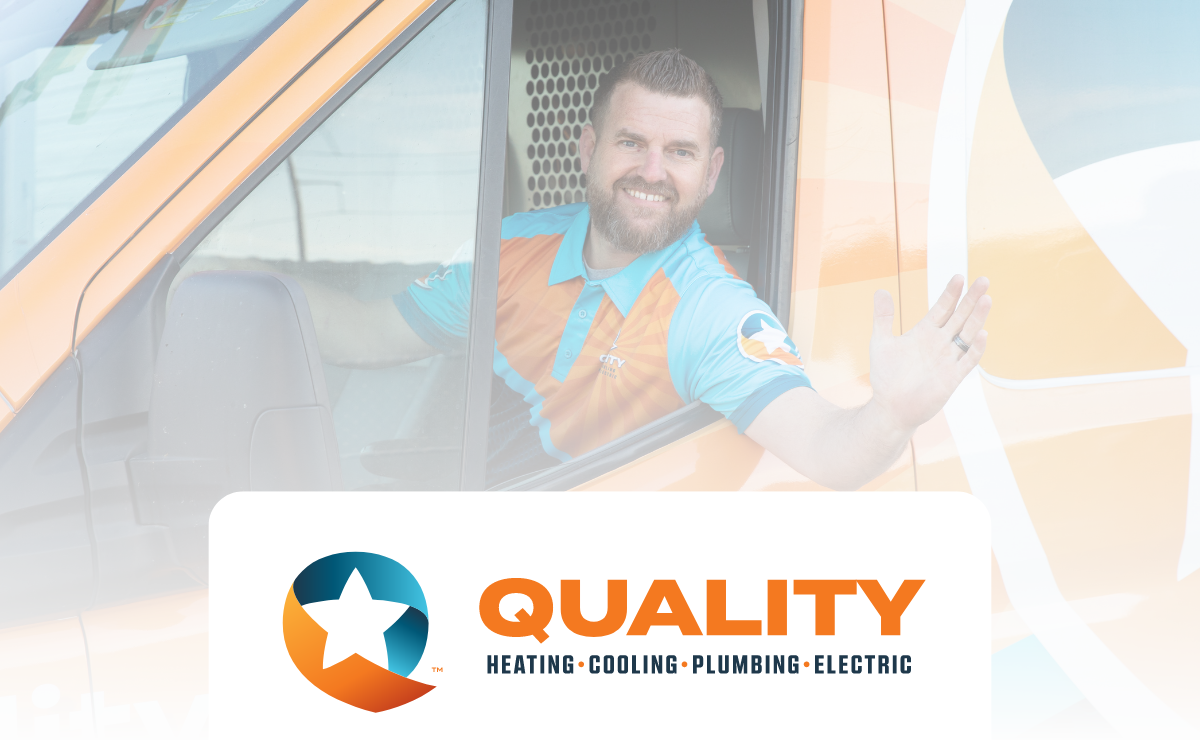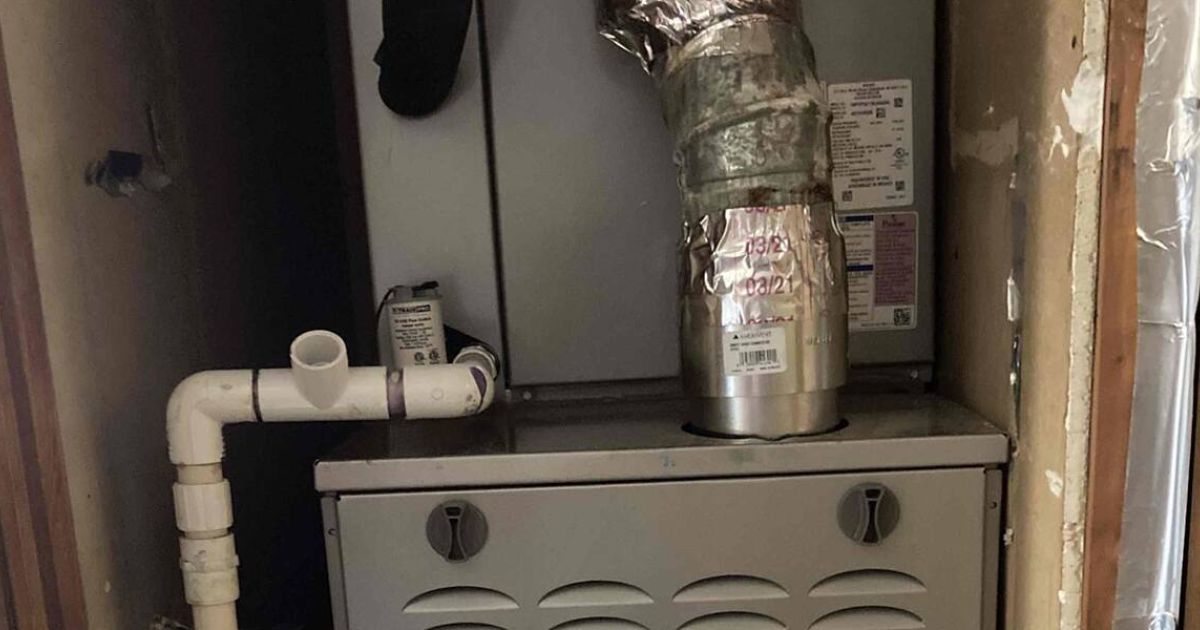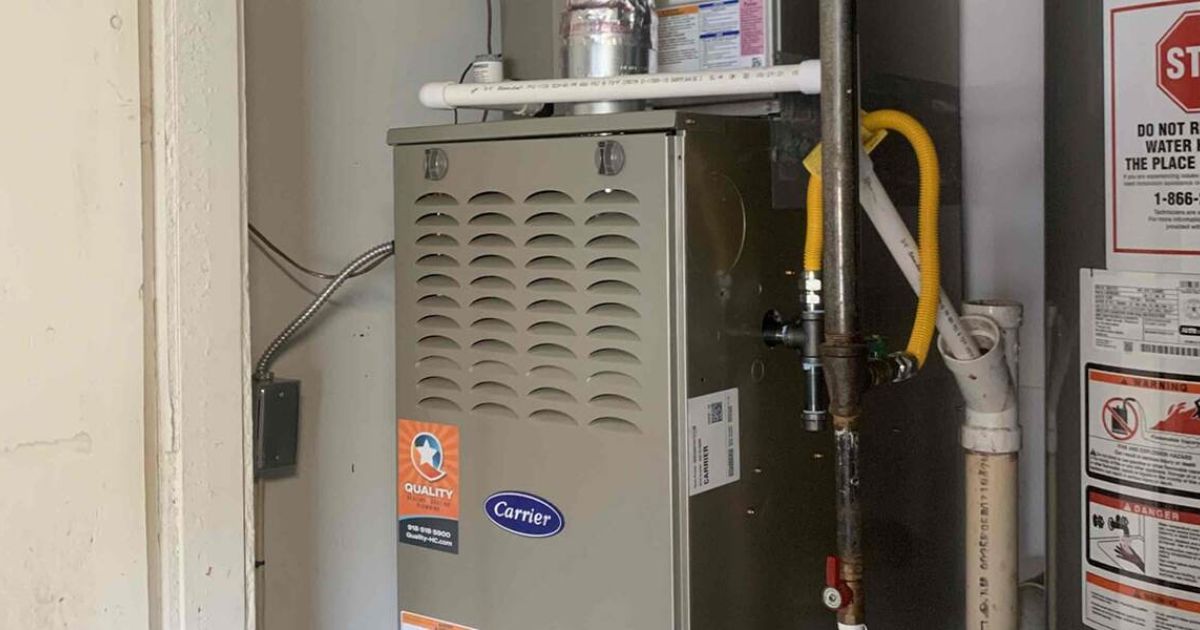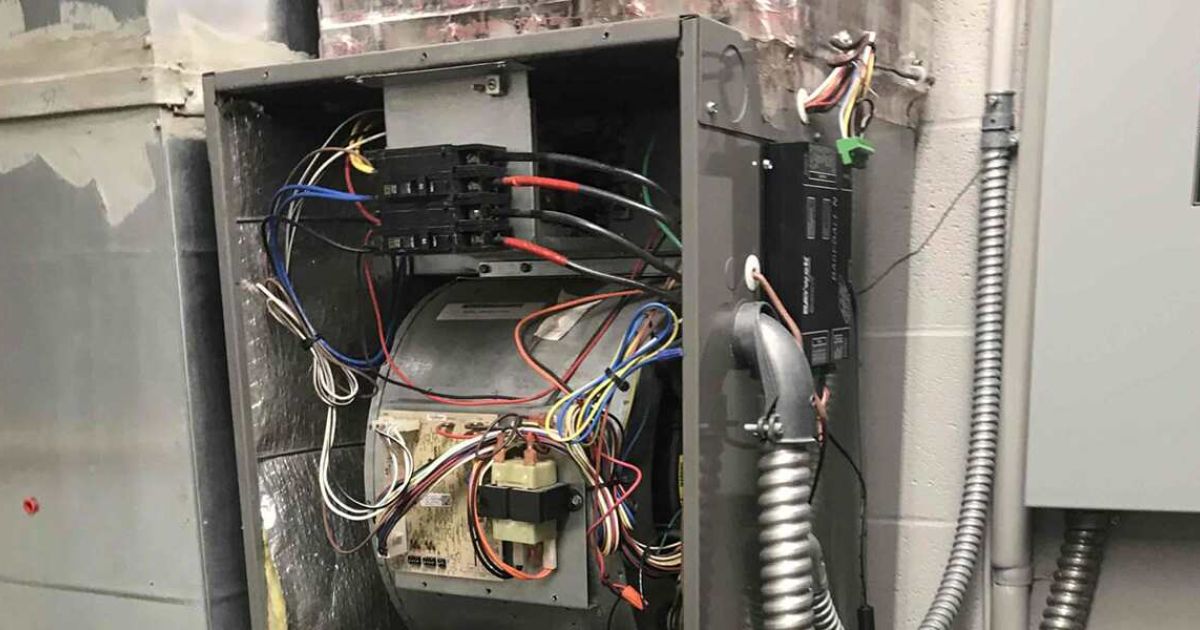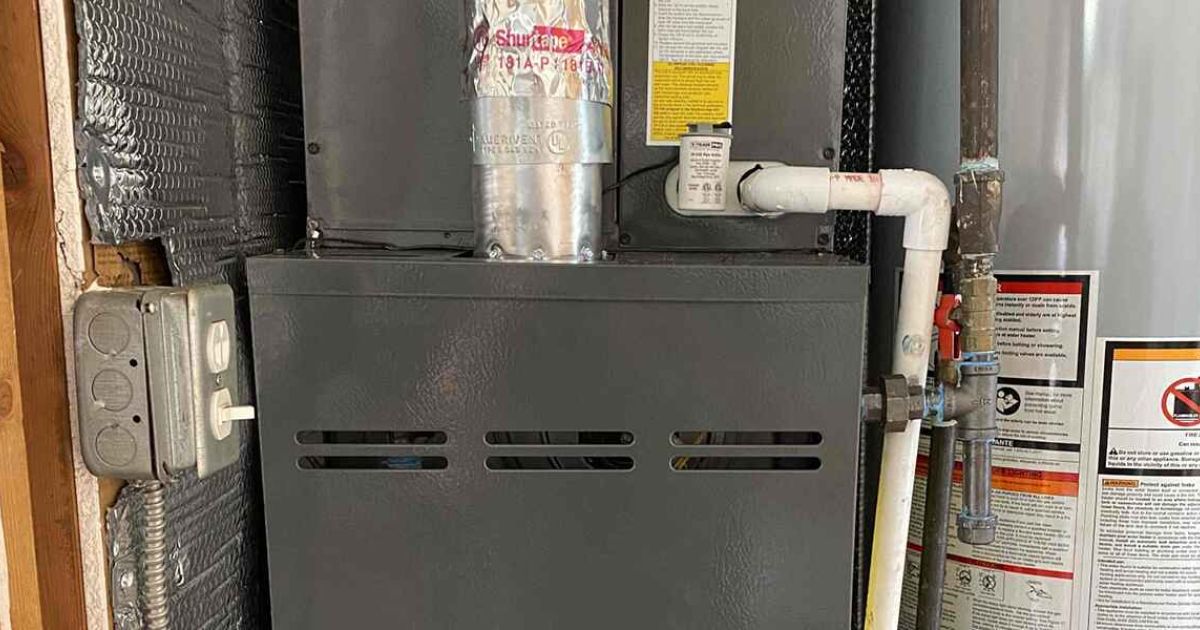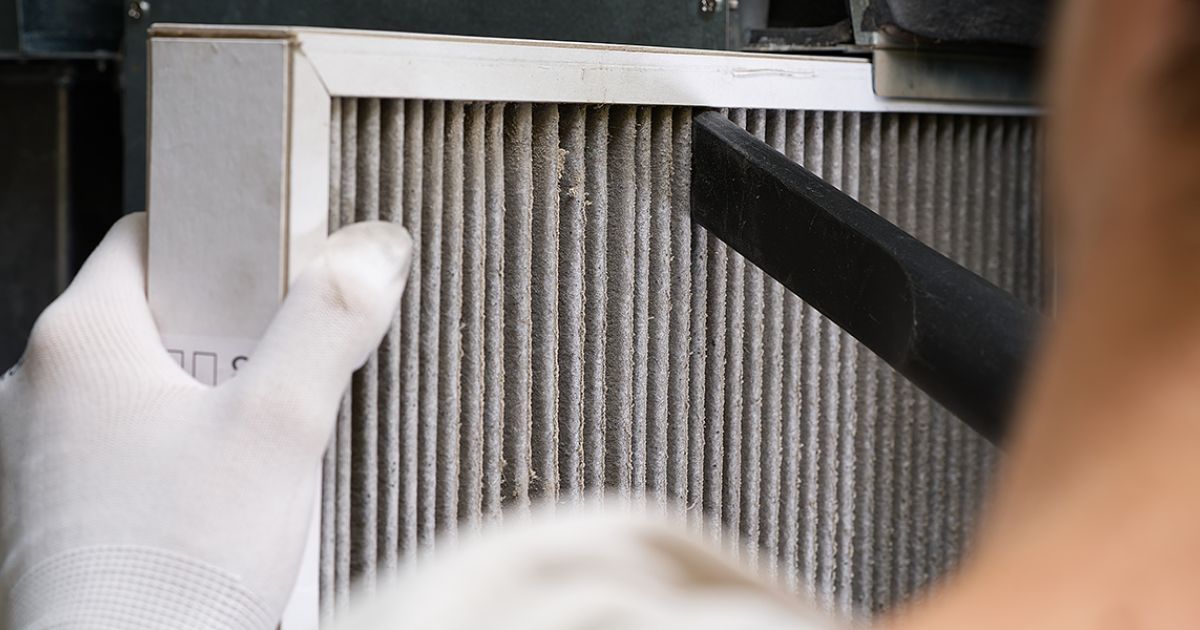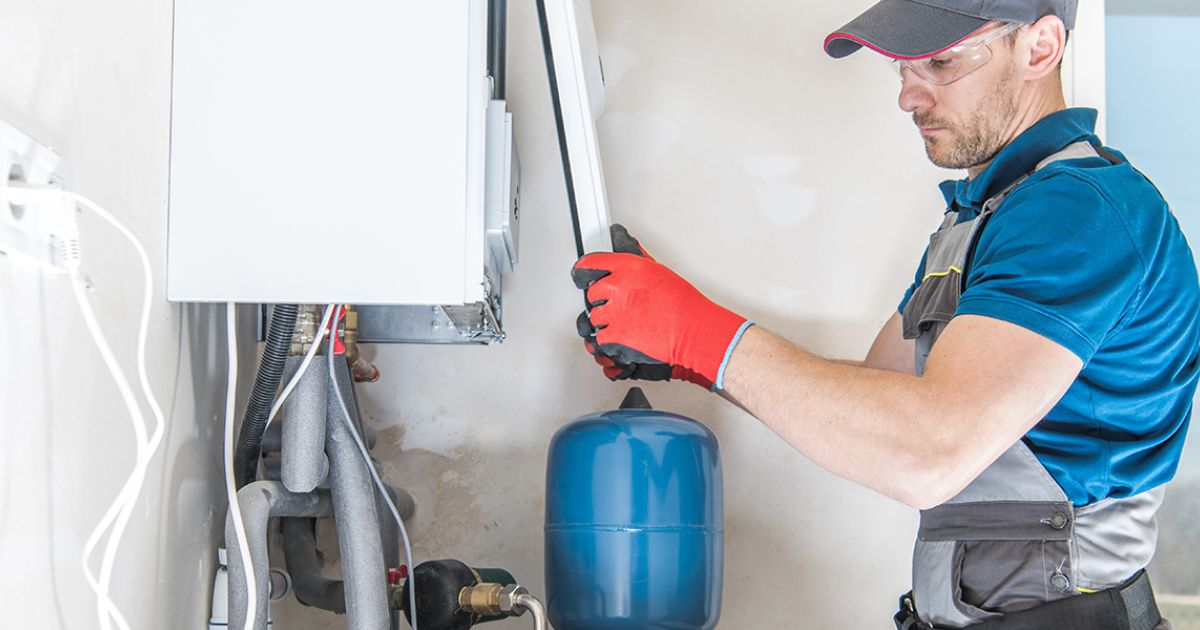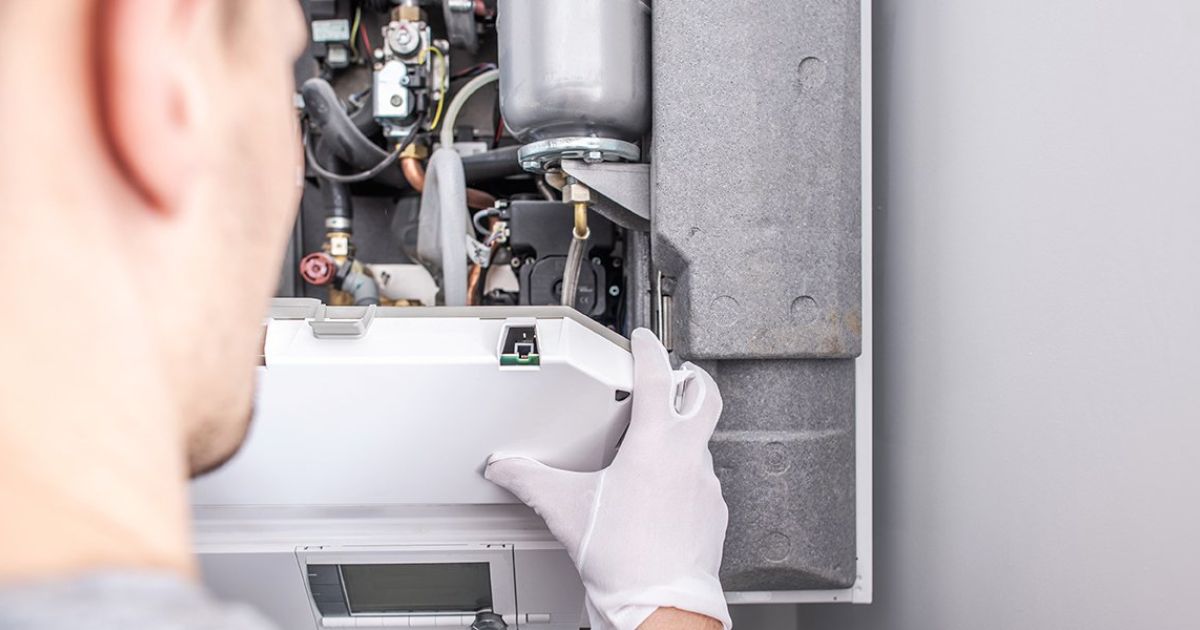
A properly running HVAC system is your best friend in the summer months. To keep your heating and air conditioning properly running, regular maintenance is key to extending the life of your HVAC system.
An average HVAC system can last around 15 years or more. Just like any car or machine, if you want your HVAC system to continue operating smoothly, some tender love and care are required. With regular maintenance, it’s possible to extend your home’s system up to even 20 years.
When you need HVAC service, Quality Heating, Cooling, and Plumbing—Tulsa’s HVAC installation company—is here to help. Our team is passionate about educating homeowners and proper HVAC care and maintaining the home’s system. Here is a simple maintenance guide to help prolong the life of your HVAC system.
Schedule Professional Maintenance
While DIY maintenance is easy, professional maintenance is the best line of defense against HVAC system issues. Your HVAC system may constantly be running from dawn until dusk. To keep your system running efficiently, we recommend scheduling two maintenance checks per year.
It’s best to schedule these before seasons of heavy use to identify any issues well in advance. We recommend scheduling a check-up at the beginning of fall and the end of spring to prevent any system issues before you turn on your system for the season.
Professional technicians will closely inspect your entire HVAC system, from examining the thermostat, condenser belt, and refrigerant levels, to checking the lubrication of the blower motor. These tune-ups ensure that your home’s systems are operating effectively and efficiently. With bi-annual maintenance, technicians can promptly identify and resolve any issues found during the inspection.
Regularly Check Filters
Changing the filters on your home’s HVAC system is a simple task. Most systems utilize 30-day fiberglass or 90-day pleated and disposable air filters. The in-duct and furnace filters for heating systems need only be replaced in the fall seasons or approximately every eight to twelve months.
Air filters should be checked regularly and replaced promptly when excessively dirty, even if ahead of schedule. It is important to check your air filters regularly to prevent clogs or blocks in circulation, which can overwork the system.
If you have pets, it’s especially important to check your filters regularly. Dust, dirt, dandruff, and debris may be more extreme, and filters may need replacing more often.
Use “Auto” Mode
HVAC systems have two easy and interactive settings: the fan and thermostat. In most systems, the fan has two settings: on and auto.
The “on” setting blows a steady stream of constant air. While this might be a more comfortable option for those with allergies or respiratory issues, it is usually energy inefficient and speeds up system degradation. This setting can frequently clog filters.
You can think of the “auto” setting as an activation setting. When set to “auto,” the system only runs in bursts when it turns the heating and cooling system on, then shuts it off. “Auto” is the preferred setting to save money, give your system a break, and prolong your system’s life.
Upgrade Your Thermostat
Your thermostat is probably the piece of your HVAC system you interact with the most. HVAC problems are often due to faulty thermostats.
An easy way to avoid overworking your system is to set your thermostat to a reasonable temperature. As tempting as it is to set your thermostat to 65 on a 100-degree day, opt for a few degrees higher to save energy (and money).
Maybe it’s time to consider upgrading your thermostat system. Older systems require more maintenance (and more money). Perhaps it’s time to invest in a smart thermostat.
Smart thermostats are programmable for reasonable temperatures and can self-regulate. Some are even smartphone and tablet compatible, so you can adjust and monitor your system on the go.
Check Your Condenser
Condensers are the part of your home’s air conditioning system that sits outside your home. The tough exterior withstands most elements, but it’s still important to check on your condensers occasionally, especially after rough weather.
Check on your condenser after severe storms or weather to ensure that it has not sustained any damage. Clean away any excess foliage or debris and make sure no tree roots or vegetation grows near.
Invest in Insulation
Adequate insulation helps ensure an optimal rate of energy efficiency in your system by keeping cool air inside during the summer and warm air inside during the winter. Areas without insulation lose air and heat at faster rates, requiring greater output from your system to maintain a comfortable temperature. The two household areas most often without insulation are the attic and basement.
If you can, consider upgrading your attic or basement’s insulation to prevent your system from overcompensating by running constantly.
At-Home Remedies
There are other things you can do to save money and energy while prolonging the life of your HVAC system. Use the shades to block the sunlight in the warmer months, or consider investing in reflective curtains. Give your air conditioner a break by using ceiling fans and personal fans to cool down your space.
In colder weather, elect for the opposite! Open the blinds and let the sun’s natural heat raise the temperature. Put on an extra layer and cozy up to a blanket, build a fire, and let the thermostat rest at a lower temperature to save money on heating.
Trust the Experts
Following these guidelines will help keep your HVAC system operating smoothly. Continuing to monitor your system is the best way to prevent expensive and untimely repairs. Stay informed and learn about the factors that reduce HVAC’s lifespan and how to prevent them.
The easiest preventative measure you can take for your HVAC system is to schedule bi-annual check-ups. HVAC professionals not only check on your system but can provide expert advice on when to upgrade your system altogether.
If you’re at the end of the life of your HVAC system, trained technicians can provide load calculations to determine the proper size of the unit, whether an air conditioning or furnace upgrade is necessary, and a working timeline for maintenance.
Be your system’s (and your own) best friend by scheduling a check-up today! Call the friendly experts at Quality Heating, Cooling, and Plumbing at (918) 212-0122 to schedule a maintenance appointment.

Cassie Pound is the Vice President of Quality Heating, Cooling, Plumbing & Electric with locations in Tulsa, Glenpool, and Bartlesville, Oklahoma.

